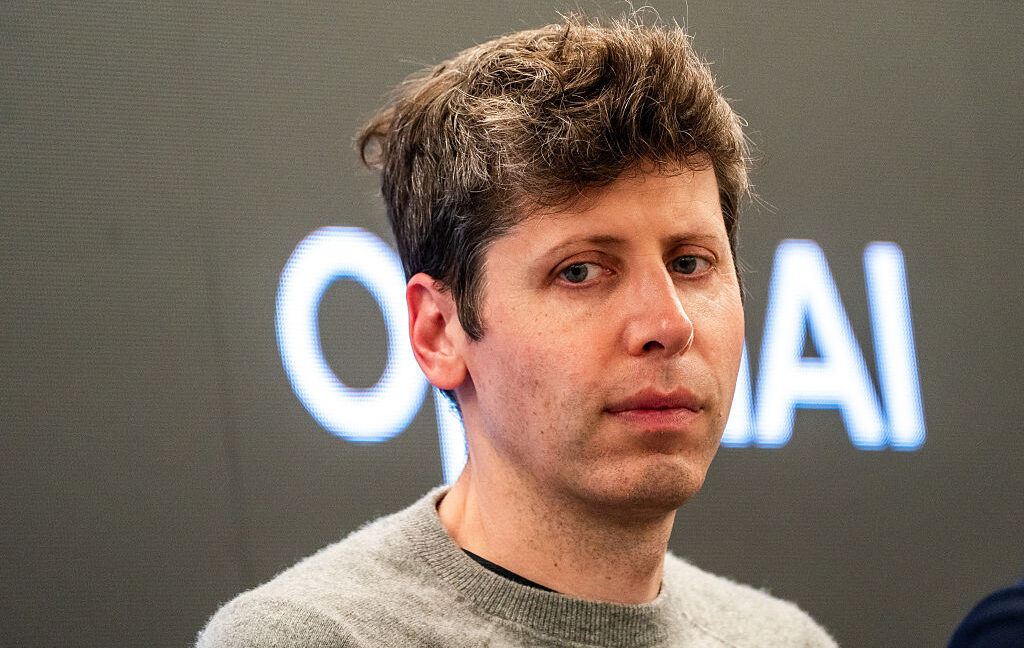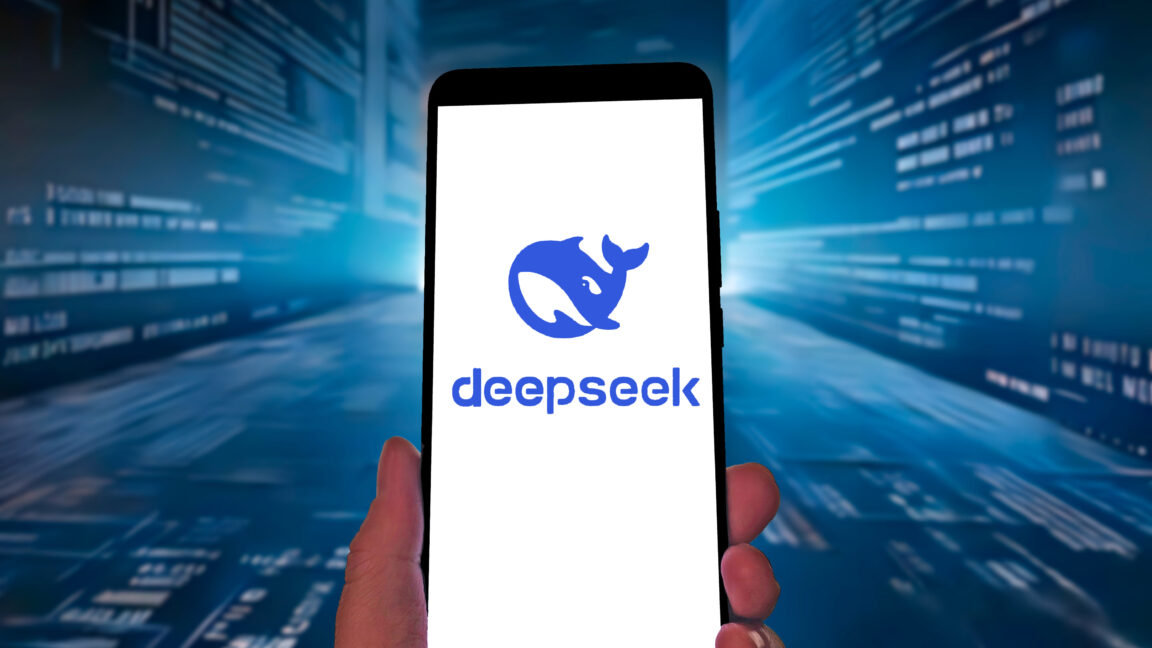Introduction to the Controversy
OpenAI, the company behind ChatGPT, recently announced the introduction of parental controls, aiming to provide a safer environment for younger users. However, this move has been met with criticism, not just from parents, but also from adult users of the platform. The backlash stems from a previous update that routed sensitive chats to a different model without alerting the user, a change that has been likened to having parental controls locked in place, even for adult users.
The Parental Controls Announcement
The announcement about parental controls was made on X, where OpenAI outlined its efforts to enhance safety features for younger users. Some parents expressed dissatisfaction, suggesting that the controls did not go far enough. For instance, one parent proposed that OpenAI should allow parents to review topics discussed by teens to strike a balance between privacy and protection.
User Backlash
However, the majority of the negative feedback did not focus on the parental controls themselves but rather on the changes made at the beginning of September. These changes involved redirecting sensitive conversations to a different model without notifying the users. This move prompted ChatGPT Vice President Nick Turley to address the issue, explaining that while users can inquire about which model is active, the update was not reversible, leading to strong reactions from users who pay for access to specific models.
The Core of the Complaint
At the heart of the user complaints is the feeling of being treated like children. Many adult users, especially those who pay for the service, expressed frustration over not being able to choose their model or control their discussions freely. The introduction of age verification, which involves checking IDs, has further exacerbated the situation, with some users feeling that OpenAI is censoring adults while offering more customization options to teens.
Requests for Change
Users have been vocal about their desire for OpenAI to rethink its approach. Comments on the announcement thread reflect a common sentiment: "Treat us like adults." Users are asking for the freedom to discuss topics without restrictions, echoing the sentiment that paying users should have more control over their experience, including the ability to choose which model they use and how their discussions are managed.
Conclusion
The introduction of parental controls by OpenAI, while intended to enhance safety, has highlighted a deeper issue regarding user autonomy and censorship. Adult users feel that the current measures are overly restrictive and do not differentiate adequately between adult and underage users. As the platform continues to evolve, finding a balance between safety, privacy, and user freedom will be crucial to meeting the diverse needs of its user base.
FAQs
- Q: What changes did OpenAI make at the beginning of September?
A: OpenAI started routing sensitive chats to a different model without alerting the user, a move that was met with significant backlash. - Q: Why are adult users upset about the parental controls and the previous update?
A: Adult users feel that the measures are too restrictive and do not provide them with enough autonomy over their experience, including the choice of model and control over discussions. - Q: How has OpenAI responded to user complaints?
A: OpenAI’s Vice President, Nick Turley, addressed the issue, explaining the reasoning behind the changes, but the company has not reversed the update, leading to ongoing dissatisfaction among some users. - Q: What do users want OpenAI to do differently?
A: Users, especially paying ones, want the ability to freely discuss topics, choose their model, and have more control over their experience without the current restrictions.











